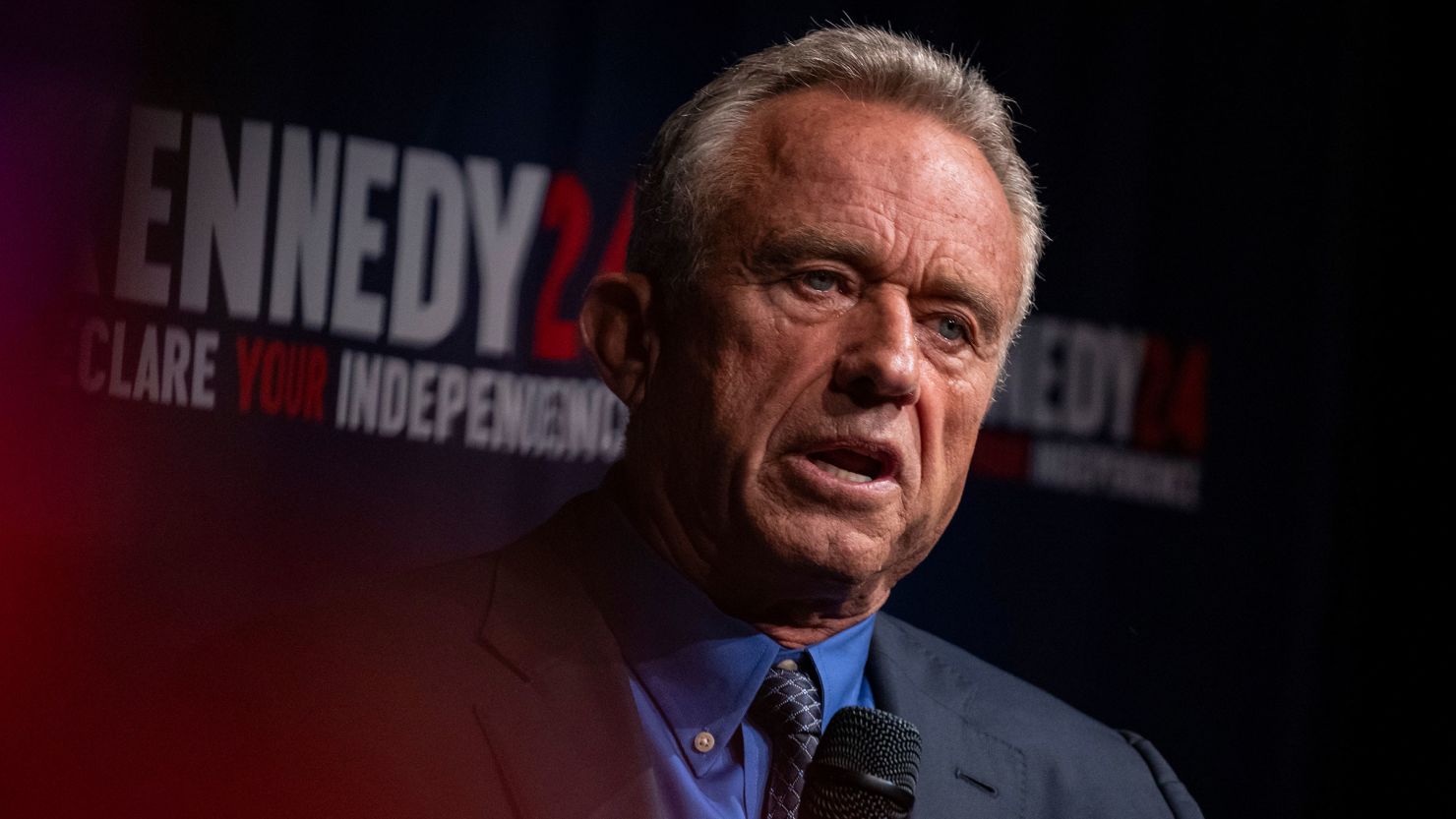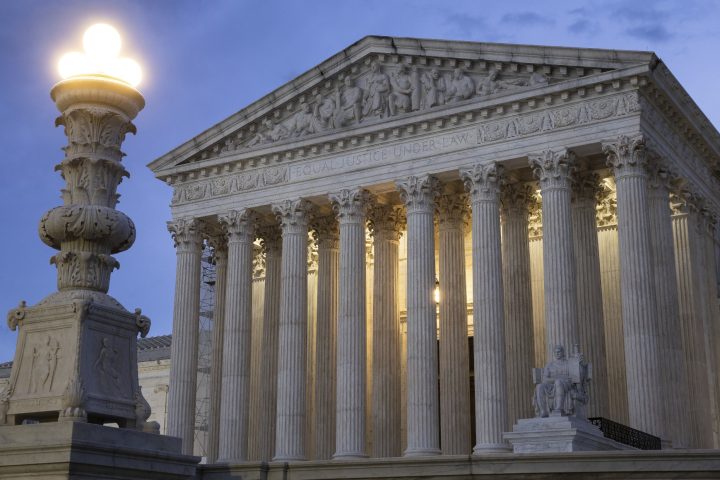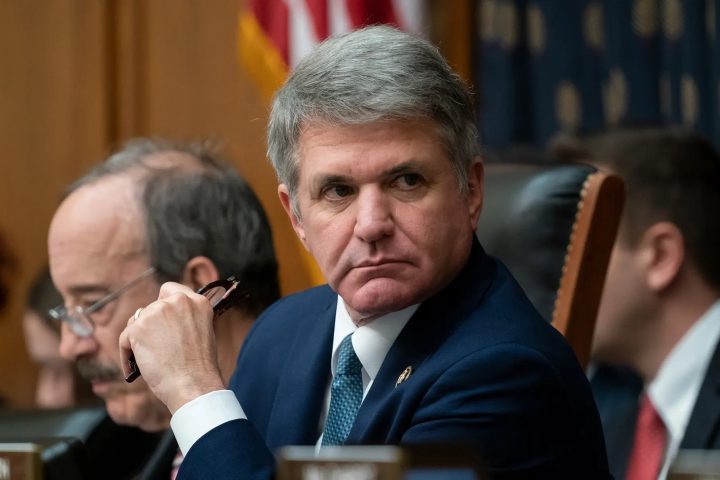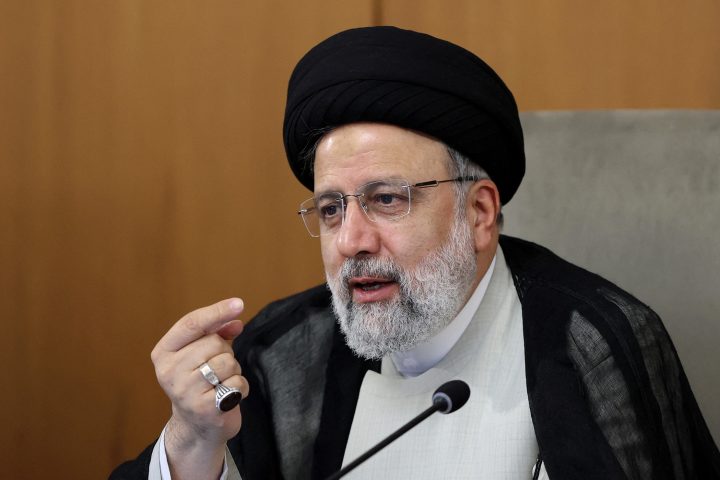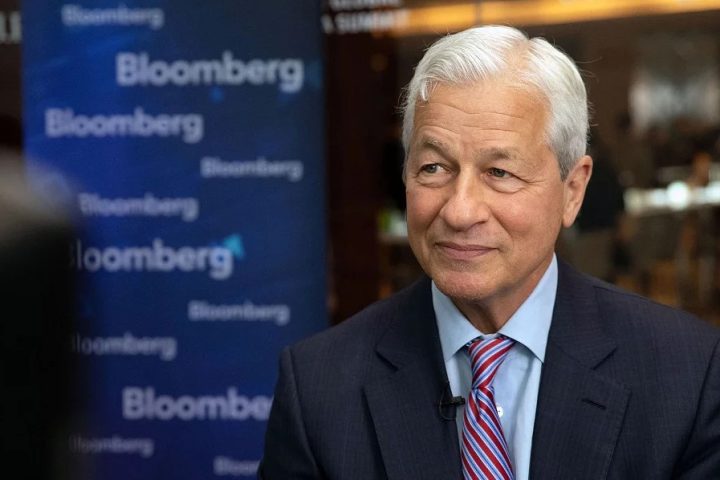Robert F. Kennedy Jr. is experiencing a resurgence of interest following his announcement of entrepreneur and lawyer Nicole Shanahan as his running mate on Tuesday.
Shanahan’s financial backing, stemming from her previous marriage to Google co-founder Sergey Brin, has already provided crucial support for Kennedy’s campaign. Notably, she contributed to funding a Super Bowl advertisement endorsing his candidacy.
This financial support is pivotal for Kennedy’s endeavor to secure a spot on as many state ballots as possible, a challenge he remains determined to overcome. While his campaign asserts meeting the criteria in four states thus far, the super PAC supporting him, American Values, claims to have gathered sufficient signatures in four additional states, including pivotal battlegrounds such as Arizona, Georgia, Michigan, and Nevada.
Despite fervent support from his base, few outside Kennedy’s circle believe he stands a chance of winning the presidency. The prevailing concern now revolves around whether his candidacy will impact President Biden or former President Trump more significantly.
Initial indications suggest a marginal advantage for Biden, albeit with some nuances. Polling data, both nationally and in key states, reveals that Trump’s lead over Biden slightly widens when Kennedy is included as an option. For instance, in polling averages maintained by The Hill and Decision Desk HQ, Trump’s lead over Biden is nominal in a one-on-one matchup but increases by 2 points with Kennedy’s inclusion.
Kennedy’s appeal to Democrats primarily rests on his iconic family name, given his lineage as the son of the late Senator Robert F. Kennedy and nephew of former President John F. Kennedy. However, it’s worth noting that many within the Kennedy family oppose his candidacy, a fact that may not be widely recognized among voters.
While Kennedy aligns with mainstream Democratic positions on issues such as the environment, minimum wage, student loan debt, and labor laws, he also attracts support from disenchanted Democrats concerned about Biden’s age and ability to serve through a second term.
Despite his potential to bolster Trump’s standing in polls, Kennedy enjoys a more favorable perception among Republicans than Democrats. This can be attributed, in part, to his stance on issues like vaccine skepticism and the conflict in Ukraine, which resonate more strongly with conservative voters.
Efforts to mitigate Kennedy’s impact on the race have intensified, with Democrats and Biden allies seeking to neutralize his candidacy. Conversely, Trump has labeled him as the “most Radical Left candidate” in the race but has suggested that Kennedy’s candidacy might siphon votes from Biden, thereby benefiting America.
There remains uncertainty regarding Kennedy’s actual impact on the election, as third-party candidates often underperform relative to their polling numbers. Nevertheless, with his current support hovering around 10 percent, Kennedy could still play a significant role in an election expected to be closely contested by both major parties.

